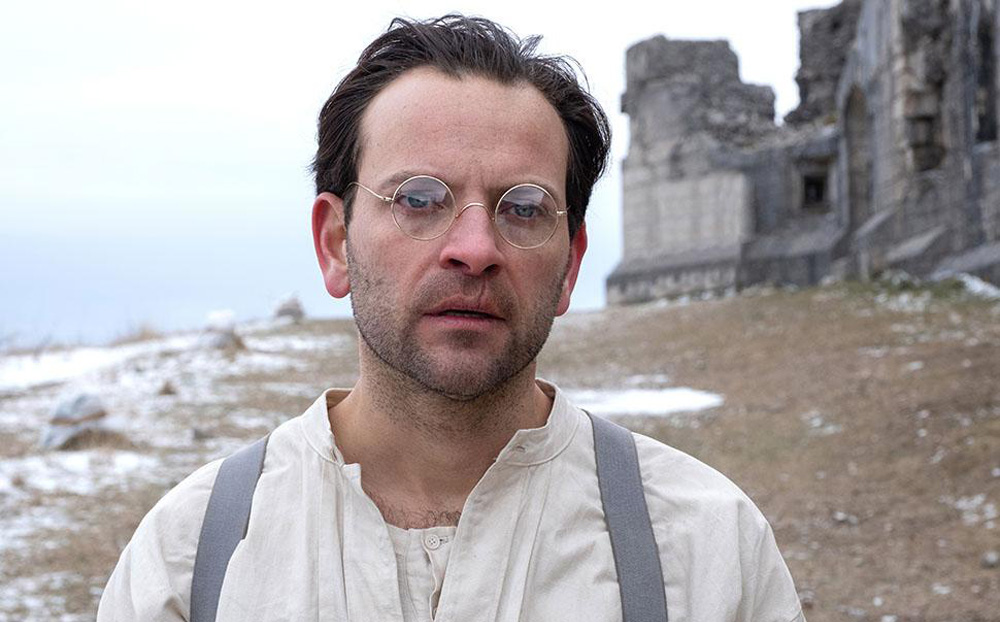The “Battlefield” referenced in the title of Gianni Amelio’s new drama is far from the frontlines of World War I, though it is never too far away in the minds of the soldiers that have returned to their native Italy bloodied and bruised, perhaps heralded in the news as being on the verge of winning the war in 1918 after joining the allies, but unlikely to see the benefit of that for themselves when injuries and scarred psyches will haunt them for life. With that being the case, the director and co-writer Alberto Taraglio turn their attention to where the action really is as the war winds down to a close – at a hospital where the wounded are treated, supervised by Stefano (Gabriel Montesi), a doctor turned army captain, and Giulio (Alessandro Borghi), who doesn’t hold the same rank yet isn’t exactly a subordinate when the two have known each other since medical school.
Curiously what the two have in common is an inclination to ignore the Hippocratic oath to “first do no harm,” but towards what ends is even more provocative in the film, which sees Stefano eager to discharge patients nearly as soon as they arrive, under orders to keep the troops replenished with as many men can reasonably have on the battlefront. Few look as if they can return with the injuries they’ve sustained and even less want to go back, given what they’ve seen but pity the poor soul who pulls out a cigarette to unwind or has lost and arm and told the other could be used for throwing bombs as Stefano makes his daily rounds. The captain would be none too thrilled to learn then that in the after hours, Giulio has begun to help soldiers extend their stays in the most unimaginable ways, exacerbating their injuries at their request so that they can’t be cleared for a return.
The clash may become personal in “Battlefield” as Stefano can only mutter about the amount of patients who look as if they’re playing tricks to delay the inevitable as Giulio nods along so as not to draw attention. Yet Amelio is after something larger when the purpose of the hospital itself is questioned. As the war pushes regular citizens out of beds for soldiers, the hospitals strictly intended for soldiers deny the people they’re claiming to protect from the care that they need and the soldiers themselves ask for more immediate pain to spare themselves from possibly dying by going back into battle. The situation becomes only more fraught when cases of the Spanish flu start to enter the mix, and Stefano and Giulio’s divergent reaction to the moral quandaries at hand reveal in compelling fashion how attitudes are changed by a war even for those who never see a day of combat themselves.
Amelio brings a steady hand to the proceedings, now in his fifth decade of filmmaking where he’s long tackled the conflicts that emerge from the edicts of the state and the people that get left behind as a result in such films as “The Way We Laughed” and “The Stolen Children,” and although there’s something old fashioned about the inclusion of Anna (Federica Rosellini), a nurse intended to come between Giulio and Stefano both pragmatically and romantically without much of a role otherwise, “Battlefield” exudes a soulful quality that one can’t imagine from someone less experienced behind it. An opening image of an outstretched arm, alive and searching for someone to see it amidst a pile of corpses, becomes gradually even more haunting than how it hits initially when the director has always been one to reach back and his latest sees him at his most compassionate.
“Campo Di Battaglia (Battleground)” will screen again at the Venice Film Festival on September 1st at 11:30 am at PalaBiennale.




